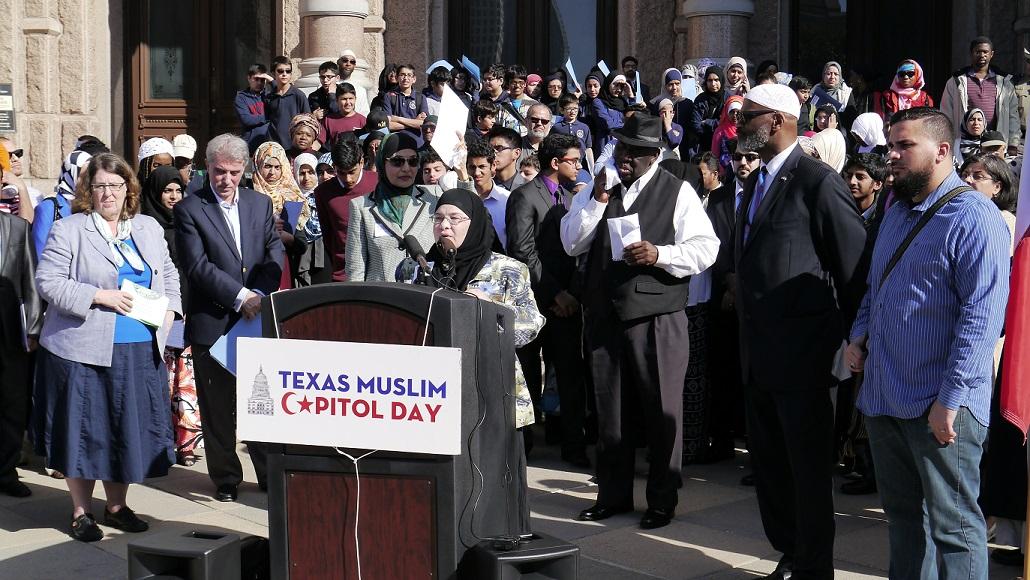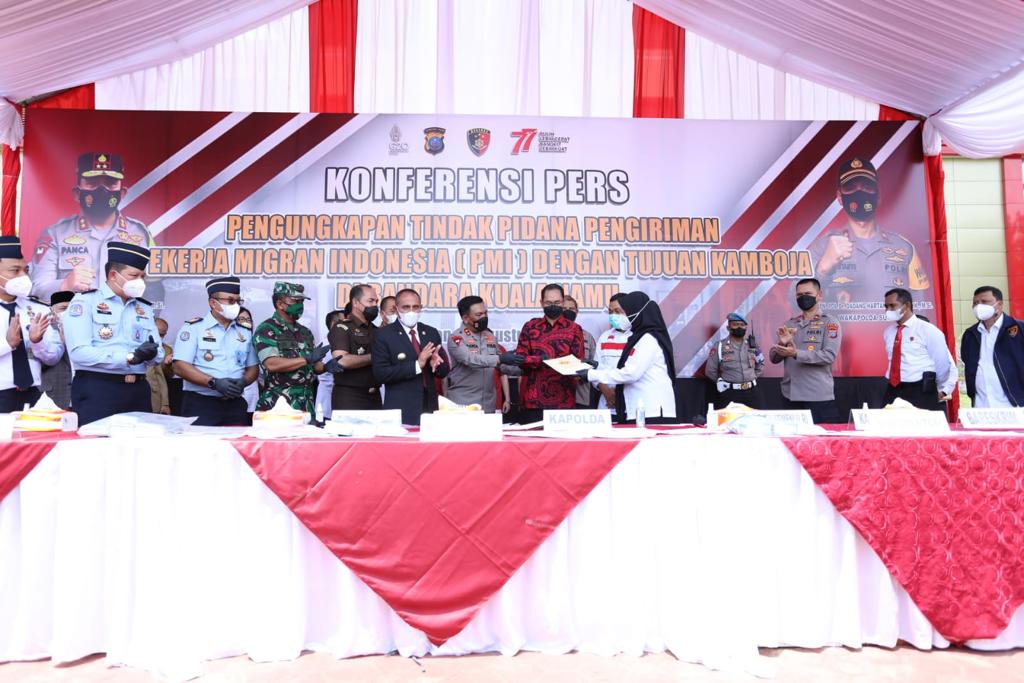Controversial Texas "Muslim City" Proposal Faces Governor's Opposition

Table of Contents
The Proposed "Muslim City" Development
The proposed development, while not officially designated a "Muslim city," aims to create a self-sufficient community with a strong Islamic identity. Its location is currently under consideration in [Insert potential location here, if known, or say "a rural area of Texas"], and plans call for a significant build-out.
Location and Scope
While the precise location remains undisclosed for security reasons, sources suggest a rural area of Texas with ample land for the project. The planned community intends to cover [Insert estimated acreage or square miles, if available] and is projected to house approximately [Insert projected population, if available] residents. The community would prioritize sustainable development practices and seek to integrate Islamic principles of community life and environmental stewardship.
- Mosques and Religious Centers: Multiple mosques of varying sizes are planned to serve the diverse needs of the community, in addition to Islamic schools and community centers.
- Housing and Demographics: The development includes plans for a range of housing options, from single-family homes to multi-family dwellings, designed to cater to a wide range of demographics within the Islamic community.
- Economic Development: The developers envision creating economic opportunities within the community itself, reducing reliance on outside employment and promoting self-sufficiency. This could involve small businesses, agricultural initiatives, and potentially light industrial ventures.
Governor's Opposition and Stated Concerns
Texas Governor [Governor's Name] has publicly voiced strong opposition to the proposed development, citing various concerns. These concerns have been articulated in official statements and potentially through executive actions.
Official Statements and Actions
The Governor has issued [Number] public statements expressing serious reservations about the project, and has [Mention any specific actions taken, such as blocking funding, initiating investigations etc.]. These actions signal a significant roadblock to the development's progress.
- Official Quotes: "[Insert direct quotes from the Governor's statements, highlighting key concerns.]"
- Legal and Constitutional Concerns: The Governor has raised concerns about [Specify the legal or constitutional issues raised, e.g., zoning violations, potential conflicts with existing state laws].
- State Agency Involvement: [Mention any involvement of other state officials or agencies in opposing the development].
Arguments For and Against the Proposal
The proposal has elicited strong reactions, with supporters and opponents presenting compelling arguments.
Supporters' Perspectives
Proponents of the development emphasize the importance of religious freedom and the right to build faith-based communities.
- Religious Freedom: Supporters argue that the project is a legitimate expression of religious freedom, and that the state should not interfere with the development of a community based on shared religious beliefs.
- Economic Benefits: Proponents highlight the potential economic benefits, including job creation and investment in the chosen region.
- Community Building: The project aims to foster a strong, supportive, and self-sufficient community based on Islamic values.
Opponents' Perspectives
Opponents, including the Governor, raise concerns about zoning laws, land use, and potential impacts on surrounding communities.
- Zoning and Land Use: Concerns have been raised about the project's compliance with existing zoning laws and land use regulations in Texas.
- Community Impact: Opponents express apprehension about the potential strain on local infrastructure and resources from a significant influx of new residents.
- Misconceptions about Sharia Law: Some opponents raise concerns (often based on misconceptions) about the potential application of Sharia law within the proposed community. It's vital to clarify that Sharia law, as it pertains to personal matters, would only apply to consenting members of the community and not infringe upon broader state or federal laws.
The Broader Implications and Future of the Proposal
The "Muslim city" proposal has far-reaching implications, potentially setting legal precedents and impacting future religious development projects.
Legal Challenges and Potential Outcomes
The proposal is likely to face significant legal challenges.
- Potential Lawsuits: Lawsuits may be filed challenging the legality and constitutionality of the project, and the Governor's actions in opposing it.
- Legal Precedent: This case could set a critical legal precedent regarding religious freedom, zoning laws, and community development in Texas and potentially other states.
- Outcome Prediction: The outcome of any legal battles remains uncertain, depending on court decisions and the merits of each argument.
Impact on Religious Freedom and Community Development
The outcome of this proposal will significantly affect religious freedom and community development in Texas and beyond.
- Future Faith-Based Developments: The resolution of this case could influence how future faith-based development projects are approached in Texas.
- Religious Tolerance and Diversity: The debate surrounding this proposal raises broader questions about religious tolerance, diversity, and community relations in Texas.
- Long-Term Effects: The long-term effects of this proposal, regardless of its success, will shape the discussion around the balance between religious freedom and state regulations for years to come.
Conclusion
The proposed "Muslim city" in Texas faces considerable opposition from the Governor, sparking intense debate about religious freedom, zoning laws, and community development. The arguments for and against highlight a complex clash of values and legal interpretations. The potential legal battles and their outcomes will have profound implications for religious tolerance, community planning, and the future of faith-based development projects in Texas.
Call to Action: Stay informed about the ongoing developments in this controversial "Texas Muslim City" proposal. Follow our updates for the latest news and analysis on this important issue shaping the future of religious freedom and community planning in Texas. Learn more about the ongoing debate surrounding the Texas Muslim City proposal and its implications for religious freedom and community development.

Featured Posts
-
 Nba Draft Lottery Quiz How Well Do You Know The Winners Since 2000
May 13, 2025
Nba Draft Lottery Quiz How Well Do You Know The Winners Since 2000
May 13, 2025 -
 Karding Bantah Adanya Penempatan Pekerja Migran Di Kamboja Dan Myanmar
May 13, 2025
Karding Bantah Adanya Penempatan Pekerja Migran Di Kamboja Dan Myanmar
May 13, 2025 -
 Cross Border Mechanisms For Combating Crime A Comprehensive Overview
May 13, 2025
Cross Border Mechanisms For Combating Crime A Comprehensive Overview
May 13, 2025 -
 Byd Expands Global Ev Lead As Fords Influence Wanes In Brazil
May 13, 2025
Byd Expands Global Ev Lead As Fords Influence Wanes In Brazil
May 13, 2025 -
 Bbc Naturalist Chris Packham Backs Unusual Best Sex Show On Earth Campaign
May 13, 2025
Bbc Naturalist Chris Packham Backs Unusual Best Sex Show On Earth Campaign
May 13, 2025
